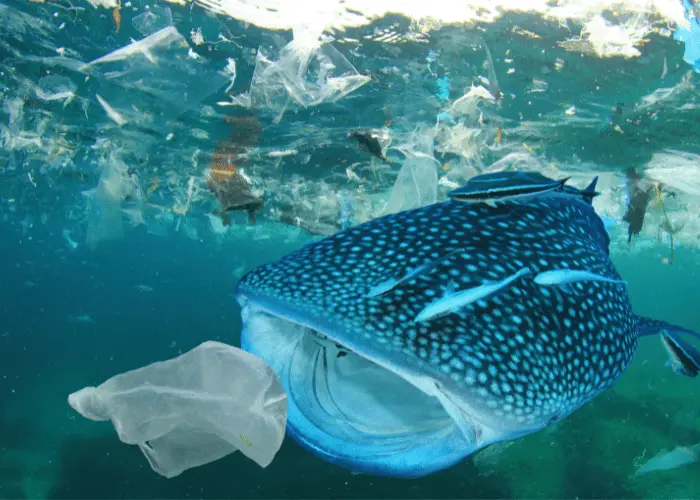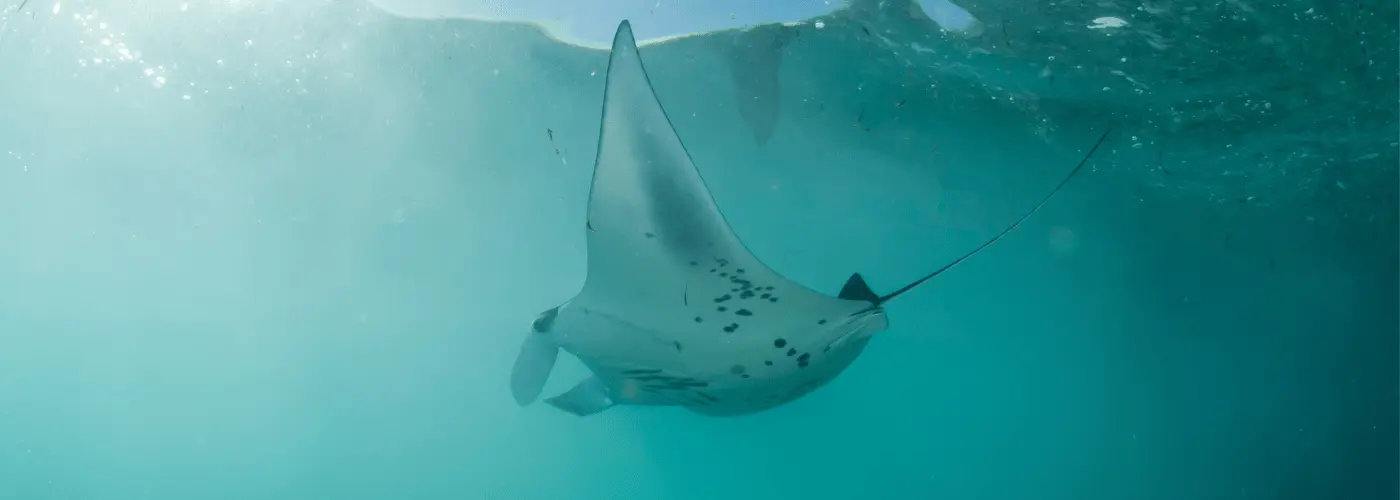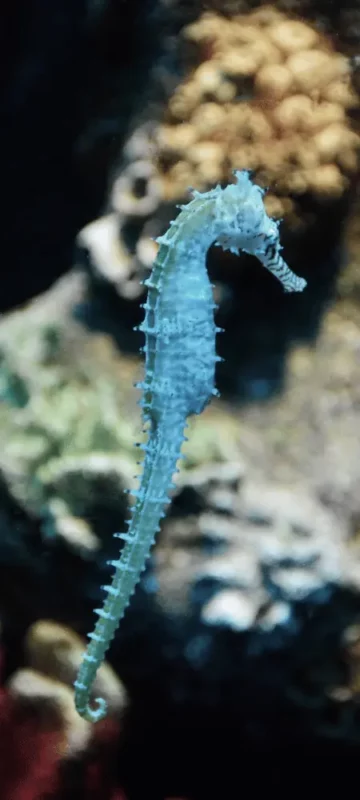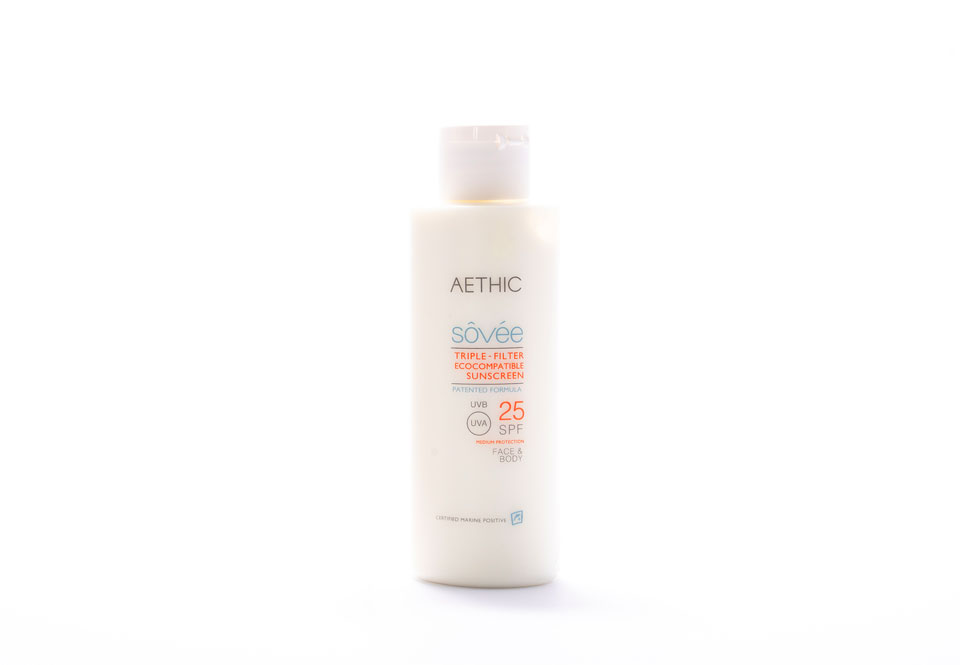The state of our oceans is critical. The downward spiral of ocean health is occurring at a pace much swifter than previously believed. The rate of change is more pronounced, the impacts are imminent, and the urgency of the situation should raise the gravest concerns for everyone. The changes in the ocean’s capacity to sustain life on Earth will affect each and every one of us.
The vast expanse of the world’s oceans, covering over 70% of the Earth’s surface, is a mesmerizing spectacle of beauty, mystery, and vital ecological significance. However, beneath the shimmering surface lies a tale of unprecedented challenges that threaten the delicate balance of ocean health.
Our dependence on the ocean extends to the very air we breathe, the sustenance we derive from its depths, and the intricate cycles of water and atmosphere that support life on Earth. Despite serving as the vital respiratory system of our planet, the relentless impact of unsustainable human activities is exacting a toll, resulting in substantial losses in wildlife, and the pollution and degradation of once untouched environments.

It is Aethic’s mission to help protect the marine environment and ecosystems, to educate people and make them understand the impact of their actions, even when using something as simple as, for example, sunscreen. Aethic has developed a truly reef safe sunscreen that is proven not to be harmful to the marine environment and in particular to the coral reef . This site now serves as our information platform, where you can read up on various topics related to ocean health, a sustainable planet, eco-friendly products, and a more conscious way of living.

Humanity’s relentless consumption of resources poses an increasingly severe threat to the ocean. The global environmental crisis of plastic pollution has garnered recognition, with up to 13 million tonnes of plastics annually entering the world’s oceans from land – a staggering figure that could quadruple by 2050. The extent and profundity of contamination are alarming; microplastics, documented in all marine habitats, from the ocean surface and sea ice to the seabed, can be ingested by species across the marine food chain.
Tiny marine organisms called plankton form the base of the ocean’s food web. Corals rely heavily on plankton for sustenance. However, a decline in plankton populations due to various factors, including pollution and climate change, threatens the ocean health and survival of these crucial ecosystems. As plankton numbers dwindle, corals struggle to find sufficient nourishment, leading to bleaching, disease, and ultimately, reef die-off. This not only jeopardizes the breathtaking beauty of coral reefs but also disrupts the delicate balance of marine life they support.
Valid concerns are being raised about the potential ecological impacts of sunscreen chemicals on plankton.
The harmful impact of sunscreen chemicals underscores the intricate interconnectedness of marine life and the urgent need for sustainable practices to preserve the health of our oceans and coral reefs.

Every year, the oceans play a crucial role by absorbing 23% of human-induced carbon dioxide (CO2) emissions and trapping 90% of the excess heat generated by these emissions. However, global warming and escalating human activities are pushing the oceans to a breaking point. Rising temperatures are contributing to increased acidity in the waters, resulting in the emergence of “dead zones” devoid of life due to oxygen depletion.
This environmental crisis is exacerbated by global warming and pollution, fostering the proliferation of viruses, bacteria, and harmful algae that pose a threat to both aquatic fauna and humans. The expanding scope of human activities in the oceans, introduces new challenges to marine life conservation.
The urgency to address these issues and implement sustainable practices is paramount for restoring ocean health and the preservation of the myriad species that call them home.

The process of ocean acidification unfolds as seawater absorbs carbon dioxide, sparking chemical reactions that decrease seawater pH, carbonate ion concentration, and saturation states of crucial calcium carbonate minerals. These minerals serve as the foundation for the skeletons and shells of numerous marine organisms.
In regions teeming with marine life, seawater traditionally remains saturated with calcium carbonate minerals. However, this equilibrium is rapidly shifting. Today, persistent ocean acidification is causing various oceanic zones to become undersaturated with these minerals, the so-called “dead zones”, impacting the ability of organisms to produce and maintain their shells . Thus disrupting the intricate life cycles within the ocean.
The onset of ocean acidification traces back to the industrial revolution. Since then, the pH of surface ocean waters has dropped by 0.1 units. This decline has led scientists to a consensus that human activities play a significant role in the escalating levels of ocean acidification observed today. Understanding these dynamics is crucial for addressing the far-reaching implications on marine ecosystems and necessitates urgent efforts to mitigate the impact of human-induced changes in ocean chemistry.
Understandably, any additional stress on this already exhausted ecosystem should be avoided. The residue and wash-offs from conventional sunscreens are all trickling down into the oceans. In areas with coral reef habitats, just one drop of those chemicals can cause the death of coral. Educating people about how this happens and what can be done about it will have a significant impact, given the substantial amounts of the product used in the water. It is estimated that 10% of the damage is attributable to standard sunscreens.
Hawaii, Key West and Palau are already banning harmful sunscreen ingredients, many more locations will probably follow.
Many resorts hotels which depend on coral reefs to attract guests now also understand the importance of protecting this vital asset and have banned the use of sunscreens that are not bio-degradable. Improving Ocean health is imperative.
However bio-degradable is not enough. Many biodegradable sunscreens, although they might dilute and disperse in water, may still contain ingredients that can trigger a fatal virus in live coral which can decimate a reef.

Aethic is committed to improving the ocean health. We have gone one further than anyone else in substantiating our coral-safe sunscreen claim. We invested in a unique patented eco-compatible formula of our own, where all the ingredients are proven to be not harmful to the marine environment and in particular to the coral. Clams and sea urchins are among the most delicate and essential sea organisms. If you would like to know more about this, try this page on our site.
With world’s only proven and patented eco compatible sunscreen we want to be consistent and use the most appropriate and ecological packaging. Of course! The challenge is this: sunscreens are all emulsions, meaning a mixture between oily substances and watery ones. As such the receptacle must be impervious or the product will dry out!!! We found a material called Green PE which is made from sustainable sugar cane, has a lower carbon footprint than traditional petroleum based plastic yet works very well. So that’s the state of the game right now and the leading edge as we know it.
When we use paper boxes (we are phasing them out) we resource it from sustainable paper mills and forests.
The printing inks are water soluble.
The “cellophane” (have to be careful since that is a trade mark) is in fact sustainable and compostable and we were the ones to initiate it.
The formula of our reef safe sunscreen is also the world’s first sunscreen to be certified Marine Positive.
Part of our sales revenues are ploughed back into The Going Blue Foundation which in turn is active in restoring ocean health with actions like www.corabon.com
The complexities of ocean health